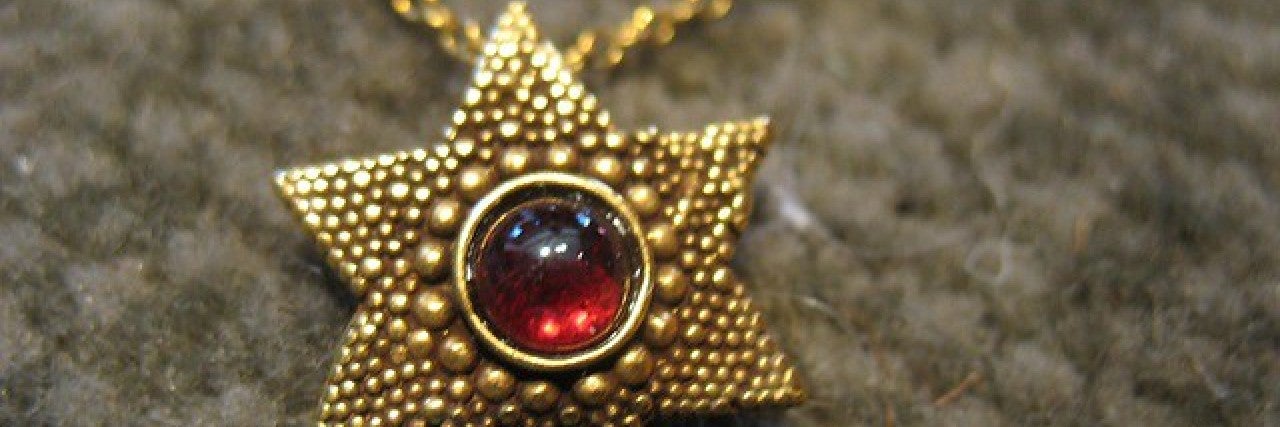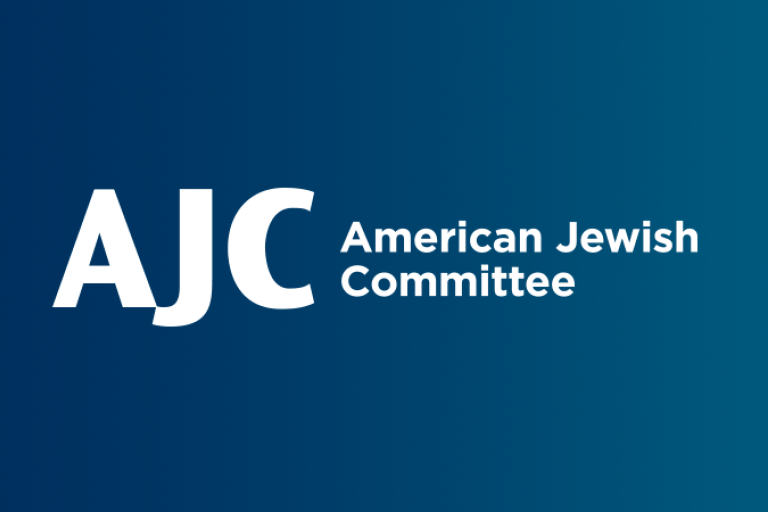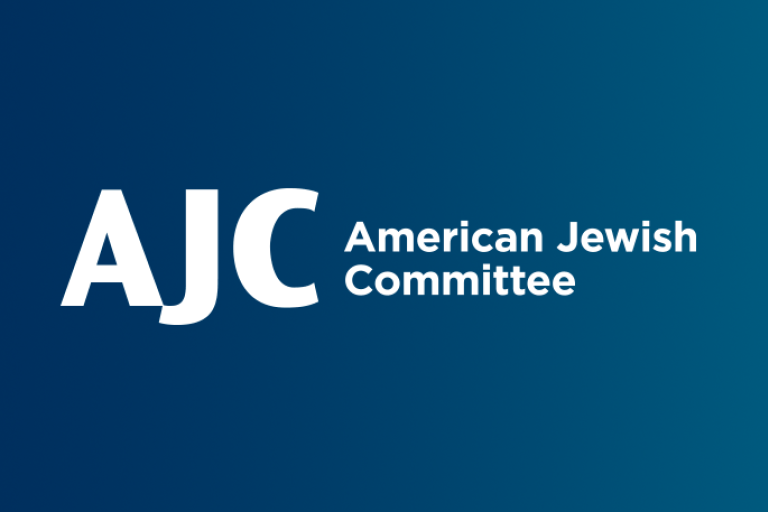January 8, 2020 — Washington, D.C.
This piece originally appeared in the Washington Jewish Week
On Monday, photos of people wearing kippot, tallitot and shirts with Hebrew slogans flooded Facebook and Twitter, accompanied by the hashtag #JewishandProud.
The posts were a result of a campaign by the Jewish organization AJC to “empower people in the Jewish community to stand up for themselves, take pride in their heritage and tradition and connect with each other when people feel deeply isolated,” according to Washington director Alan Ronkin.
The campaign was a response to a rash of anti-Semitic violence and the general rise in hate crimes nationally.
But for many in the Washington area, wearing Judaica to identify oneself as Jewish is not a one-day thing. Those interviewed for this story agreed that there’s a lot more power in wearing the items every day.
James Sullivan began wearing tzitzit, or fringes, 10 years ago. A member of Adas Israel Congregation, he said it’s important that they be visible for others to see.
“I’m glad that I’m already committed to being visibly Jewish, especially after the attacks,” he said. “I feel like it’s important to be comfortable and let other Jews know that we’re OK and let non-Jews know that we are not afraid.”
Aliza Blumenfeld-Chodoff said she never hides her mezuzah-shaped necklace and she doesn’t worry about who sees her Israeli flag beanie that she wears during the winter months.
The necklace belonged to her grandmother, a Holocaust survivor.
“The star looks very close to the star she was forced to wear,” Blumenfeld-Chodoff said. “She chose it because she decided she would wear her Judaism with pride. Because she wanted to [wear it] and not because she was forced to.”
Blumenfeld-Chodoff said she wants to display her Jewishness proudly, even though the recent attacks have her on edge.
Lily Shankman started changing how she dressed when she moved to a small town in Virginia with a small Jewish population. The kippah she wore attracted too much attention, she said.
But she still has her tattoos — one in Hebrew and one a Star of David — as well as her Star of David necklace and her rings, one of which is inscribed with the Shema. All of them can be easily hidden if she feels people are going to start asking questions that make her uncomfortable.
“It’s really hard,” she said. “I don’t like it. I still have all my Judaica and still have Jewish things that make me feel like I’m close to my religion. I still feel connected. I’m going to practice this religion because it’s who I am.”
Others interviewed by WJW said they have begun tucking in their tzitzit strings or wearing a baseball cap over their kippah more often, because they fear being targets. But there are some who have seen that others are hiding their Jewish paraphernalia, and have taken it as a challenge.
Jess Kerman, a rabbinical student, said that she has been thinking about wearing a kippah full time, rather than just during Shabbat evening services.
“Stars of David aren’t loud enough and [I don’t wear] tzitzit. But I wish there was something besides a kippah that declared my Jewish identity to the public,” she said.
And Ronkin takes that same attitude. He doesn’t want Jewish pride to be a once or twice a year thing.
“It’s important to take #JewishandProud and make it every day,” he said.


